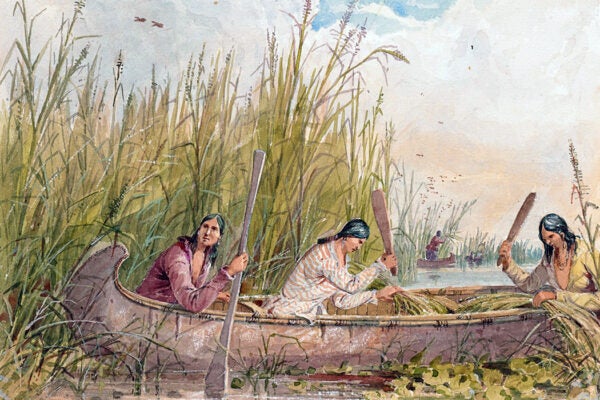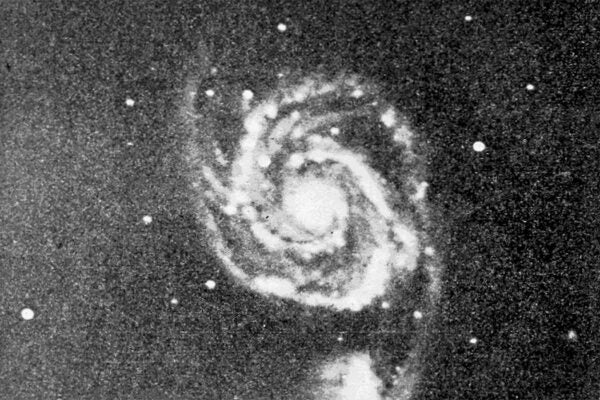Wild Rice and the Rights of Nature
A groundbreaking lawsuit asks whether wild rice, or manoomin, can hold legal rights under tribal law and the growing rights of nature movement.
Archive Adventures
The Space Race’s Forgotten Theme Park
Preserved documents and photographs trace the rise and fall of an ambitious space-themed park born of 1960s Space Race optimism.
Roundup
Celebrating Women’s History Month
Celebrate Women’s History Month with JSTOR Daily. We hope you’ll find the stories below a valuable resource for classroom or leisure reading.
The Where We Were
How America’s Industrial Elite Built Their Own Palaces
Historic photographs capture Cleveland’s Millionaires’ Row, where Gilded Age wealth met revival-style splendor.
Reading Lists
Rights of Nature: A Reading List
What would it mean for rivers, forests, and animals to have legal rights? A global movement is rethinking law’s relationship to nature.
Most Recent
Edgar Allan Poe’s Mechanical Imagination
Behind The Raven’s melancholy lies a theory of composition shaped by magazines, machines, and modernity.
Defying Slave Hunters in Boston’s Courts
A dramatic 1836 courtroom escape shows how Black women challenged slave hunters—and Boston’s elite.









































